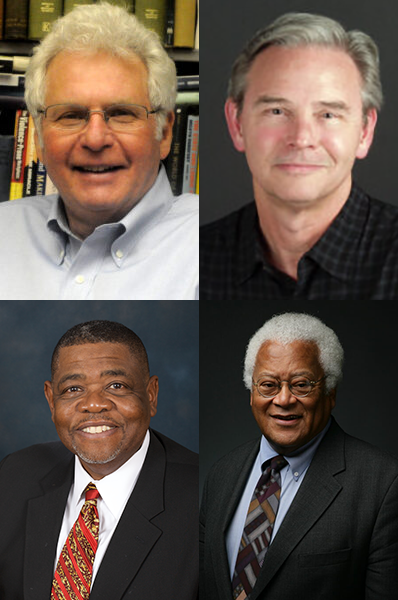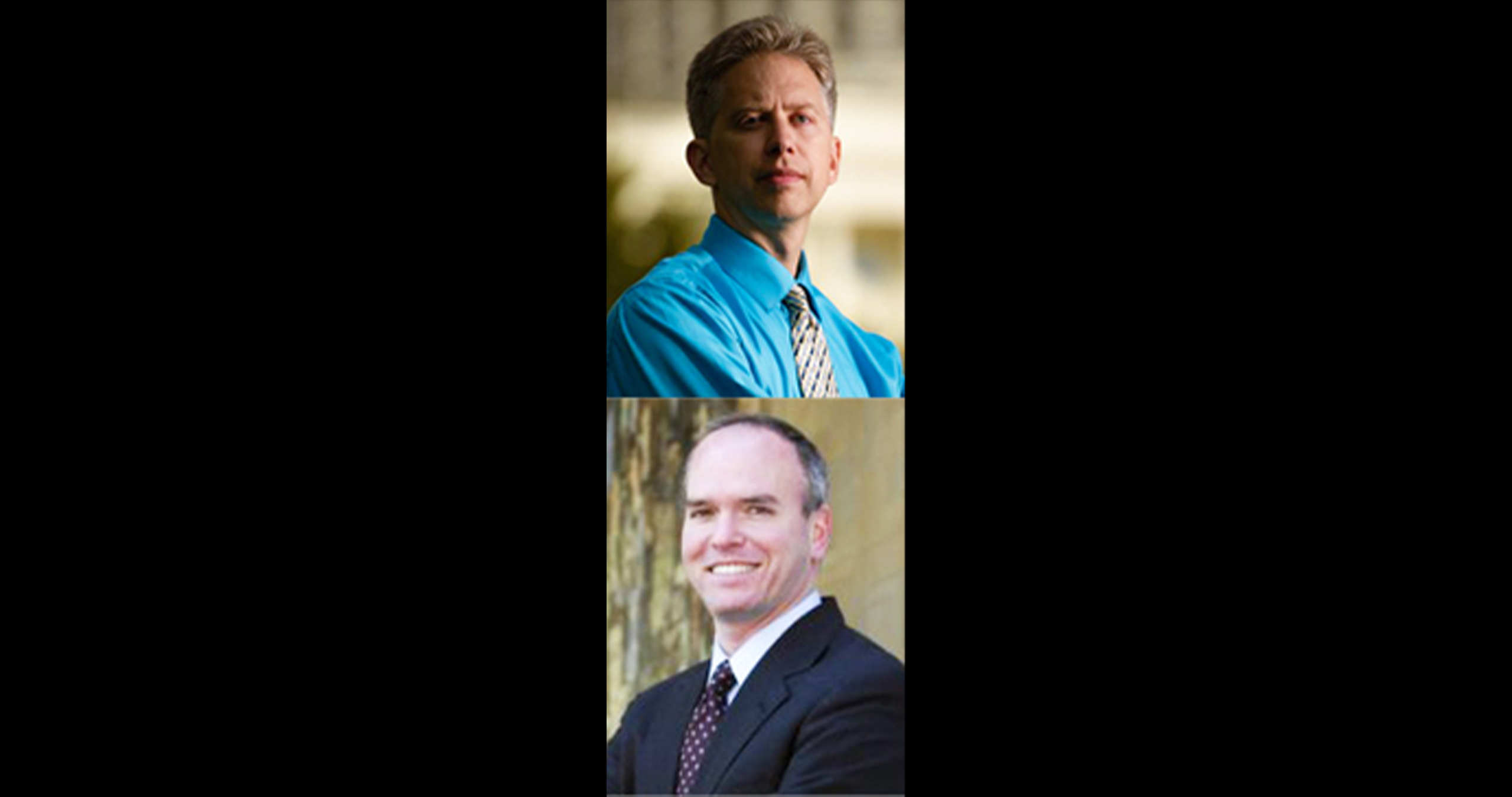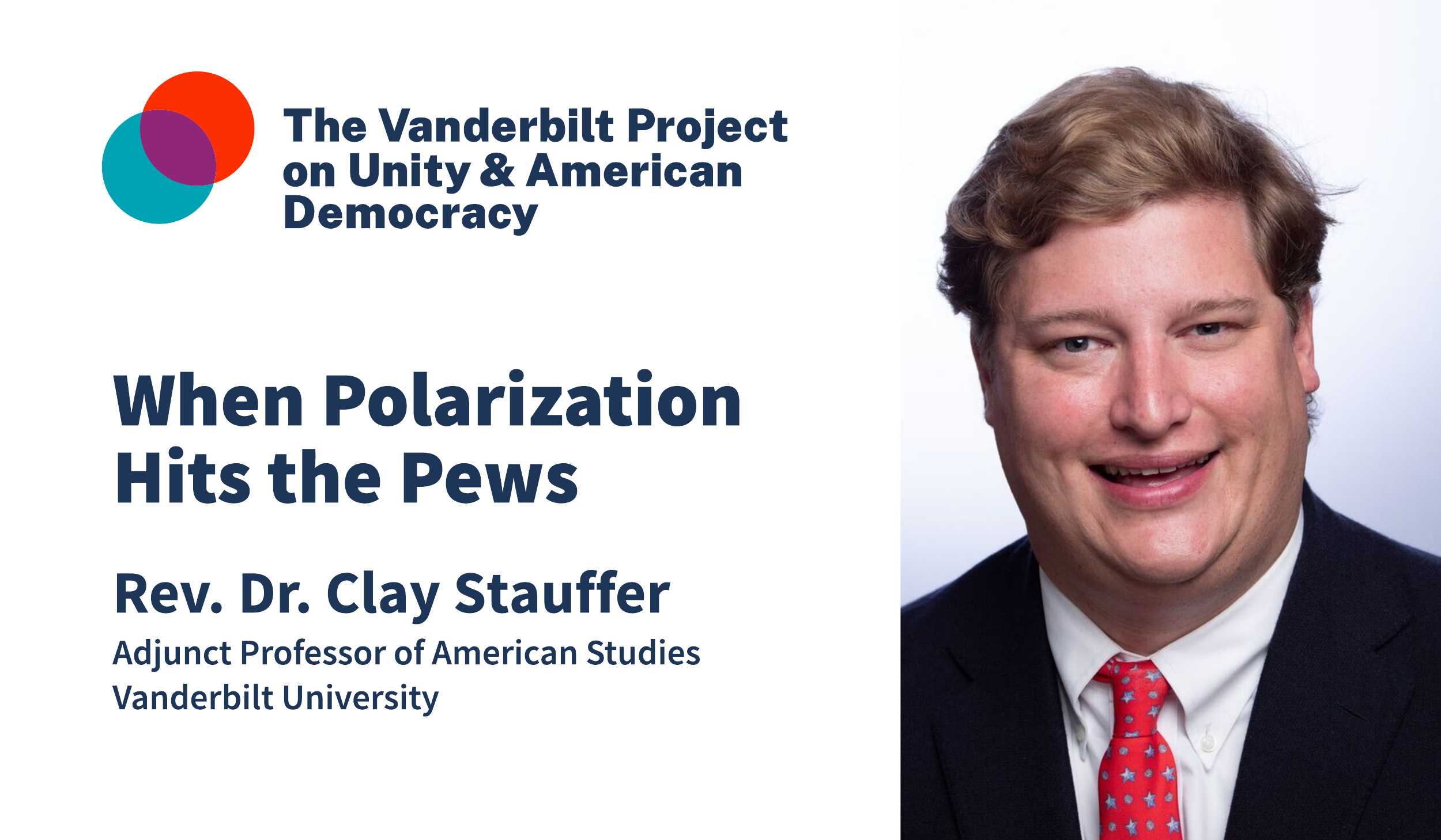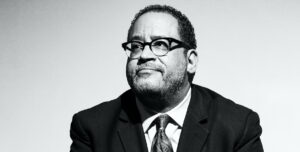Papers
-

Hazardous Misinformation: Key Policy Levers
Digital technology allows for the frictionless spread of information, including false and manipulated content. As a nation that has enshrined freedom of speech in the First Amendment of our Constitution, the policy levers available to U.S. officials to confront the free flow of dangerous misinformation—whether pertaining to COVID-19, elections or other matters of existential significance to lives and our democratic institutions—are necessarily circumscribed. Thankfully, misinformation scholars have proposed policies that comply with Constitutional limitations and have the potential to mitigate the hazards of misinformation. Read MoreApr. 13, 2021
-

Civics 101: Keep Demagogues Out of Democracy
Political philosophers from the Greeks to the framers of the U.S. Constitution to Abraham Lincoln all warned of the mortal danger that demagogues pose to democracies. Vital to their understanding of that danger was their familiarity with Greek and Roman history and political philosophy. These foundational principles of democracy should not only be taught to students in Civics 101 but deserve continued emphasis to Americans of all ages. Read MoreApr. 7, 2021
-

Learning from the Nashville model of social change
The Nashville model is a replicable model — if not in all its details, then certainly in its principles — for contemporary justice movements. It shows that clearly articulated objectives are crucial to building credibility. The effectiveness of the Nashville campaign was rooted in the intensive workshops on nonviolence that preceded the actual sit-ins. Read MoreApr. 6, 2021
-

Legislative Effectiveness and the Waning Powers of Committee Chairs
Committee chairs in the 116th Congress in the House and Senate continue a trend of decreasing lawmaking effectiveness as consistently reported in the Center for Effective Lawmaking comprehensive dataset (1973-2020). Perhaps restoring some of their prominence would offer opportunities for Congress to address America’s greatest public policy challenges. As seen in The Hill with the title "Committee chairs continue their lawmaking decline" (March 26, 2021). Read MoreMar. 27, 2021
-

State-by-State Decisions on Shutdowns Minimize COVID’s Economic Impact
Minimizing the personal and economic costs of a global pandemic requires the coordination of federal, state and local governments. When it comes to implementing stay-at-home orders with the simultaneous and competing goals of minimizing community spread and business dislocation, our data-driven analysis demonstrates the value of public policy discretion at the state and local level. Read MoreMar. 2, 2021
-

When Polarization Hits the Pews
America’s political fractures reach beyond polling places and into the church pews. Christian church leaders and laypeople should heed their faith’s fundamental creeds to foster “big tent” congregations where church members can practice what they preach by listening and modeling civil dialogue. Read MoreFeb. 22, 2021
-

Trench Warfare: The 2020 Election in Historical Perspective
Donald Trump’s presidency was one of the most tumultuous in U.S. history. His four years in the White House were a cavalcade of crises, scandals, lies and norm-busting. But through all the drama, public opinion was remarkably unmoved. Read MoreFeb. 9, 2021
-

Words Matter: What an Inaugural Address Means Now
Presidents’ words create national identity. For better or worse, presidential rhetoric tells the American people who they are. Ultimately, a president’s voice must provide the American people with a concrete vision of how—and more importantly, why—to move forward together. Read MoreJan. 15, 2021
-

To Prove Yeats Wrong
Joe Biden, a "sensitive soul, equal parts poetry and politics" represents more than the sum of his past policy positions to Black voters. The President-elect's "simple, direct, yet profound humanity" and personal and honest experience with profound, soul-testing grief have cemented the bond between most of the Black electorate and Biden. Read MoreJan. 12, 2021
-

Polling Problems and Why We Should Still Trust (Some) Polls
Elections indicate who wins, but not why. Public opinion polling, done right, remains the best way of obtaining citizens’ opinions. While some suggest two consecutive polling “fails” in presidential elections destroy trust in the process, policy makers in a representative democracy should pause before branding all polling data with the same mark. Read MoreJan. 11, 2021